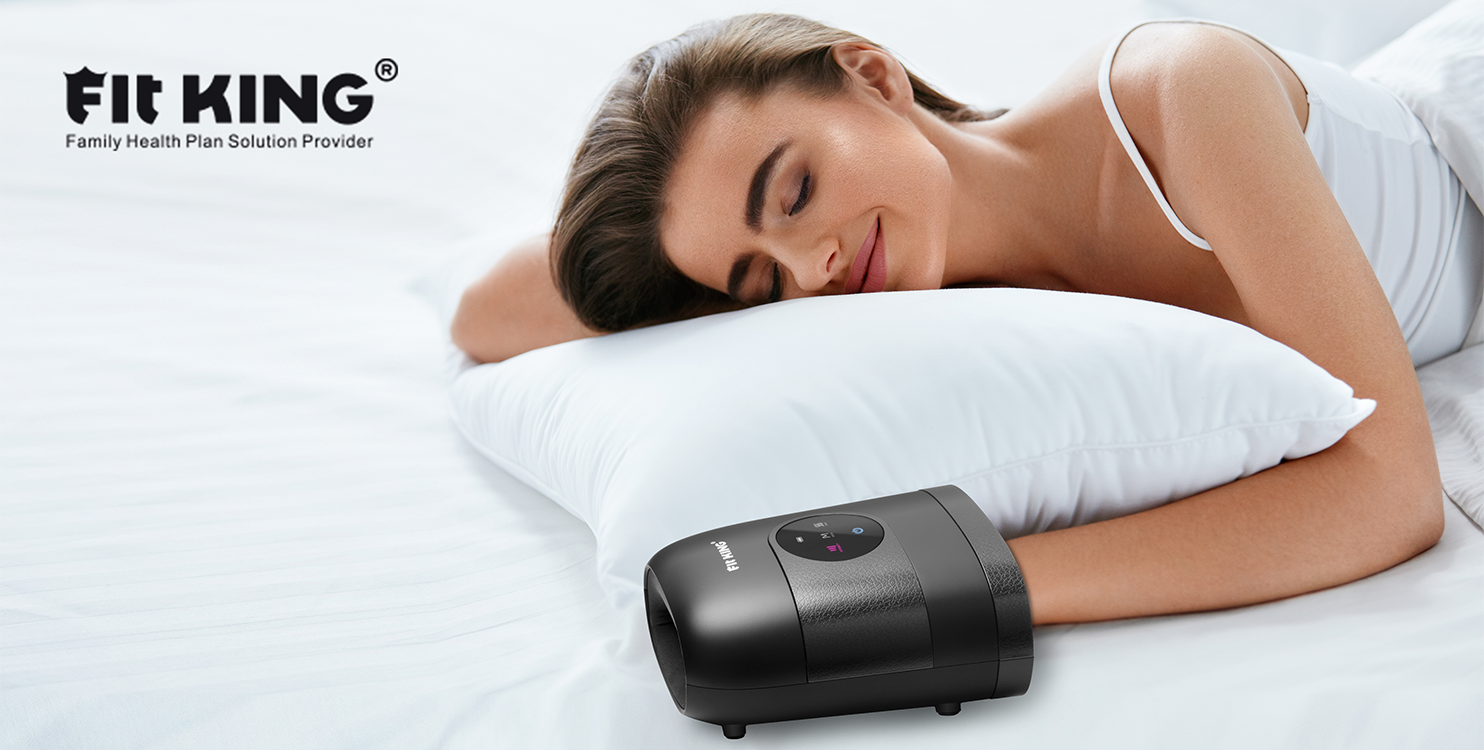Sleep is a natural biological process that plays a crucial role in maintaining optimal health and well-being. It is often overlooked as a simple task we do each night, but its importance cannot be overstated. In this blog post, we will delve into the many benefits of sleep, its impact on our physical and mental health, and why it is truly the ultimate health booster. We will also unravel the power of rest and how it can improve every aspect of our lives.
The Importance of Sleep
Sleep is essential for our overall health and well-being. It is during sleep that our bodies repair and rejuvenate themselves, allowing us to function optimally the next day. Lack of sleep has been linked to a variety of health issues, including obesity, heart disease, diabetes, and even cognitive impairment. Inadequate sleep can also lead to increased stress levels, irritability, and decreased immune function.
On the other hand, getting enough quality sleep can boost our immune system, improve our mood, enhance cognitive function, and even help us maintain a healthy weight. It is truly a powerful tool that can positively impact every aspect of our lives.
Physical Benefits of Sleep
One of the most important benefits of sleep is its impact on our physical health. During sleep, our bodies go into repair mode, repairing damaged cells and tissues. This is crucial for maintaining overall health and preventing chronic illnesses. Sleep also plays a key role in regulating our metabolism, hunger hormones, and energy levels.
Research has shown that people who get enough quality sleep are less likely to be overweight or obese. This is because sleep helps regulate the hormones that control appetite and metabolism. Lack of sleep can disrupt this balance, leading to weight gain and other health issues.
Sleep is also essential for a healthy heart. Studies have shown that people who sleep less than six hours a night are at a higher risk of developing heart disease. This is because sleep plays a crucial role in regulating blood pressure, heart rate, and other cardiovascular functions.

Mental Benefits of Sleep
In addition to its physical benefits, sleep also plays a crucial role in our mental health. Getting enough quality sleep can improve cognitive function, memory, and focus. Studies have shown that people who get enough sleep perform better on cognitive tasks and are more alert and focused throughout the day.
Sleep is also essential for emotional well-being. Lack of sleep has been linked to increased stress levels, irritability, and mood swings. On the other hand, getting enough quality sleep can help us cope better with stress and maintain a positive outlook on life.
The Power of Rest
Rest is not just about sleeping. It is about taking time to relax, recharge, and rejuvenate. In today’s fast-paced world, many of us are constantly on the go, with little time to rest and relax. This can take a toll on our physical and mental health. Taking time to rest and recharge is essential for maintaining optimal health and well-being.
Rest can take many forms, from taking a nap to meditating to spending time in nature. Whatever form it takes, rest is crucial for allowing our bodies and minds to recover from the demands of daily life. It is a time to let go of stress and worry and focus on ourselves and our well-being.
Tips for Improving Sleep
If you struggle with getting enough quality sleep, there are several tips you can try to improve your sleep quality:
- Establish a bedtime routine: Going to bed at the same time each night and waking up at the same time each morning can help regulate your body’s internal clock.
- Create a sleep-friendly environment: Ensure your bedroom is dark, quiet, and cool. Investing in a comfortable mattress and pillows can also improve your sleep quality.
- Limit screen time: The blue light emitted from phones, tablets, and computers can disrupt your sleep. Avoid using these devices before bed, and consider using blue light filters or glasses to reduce the impact.
- Avoid caffeine and alcohol: Both caffeine and alcohol can disrupt your sleep. Avoid consuming them in the hours leading up to bedtime.
- Manage stress: Stress can interfere with your sleep. Practice relaxation techniques such as deep breathing, meditation, and yoga or use relaxation tools such as massagers to help manage stress and improve your sleep quality.

To sum up
Sleep is truly the ultimate health booster. It plays a crucial role in maintaining our physical and mental health, allowing us to function optimally daily. We can improve every aspect of our lives by prioritizing sleep and taking time to rest and recharge. So make sure to get enough quality sleep each night and take time to rest and relax. Your body and mind will thank you for it.













Leave a comment
This site is protected by hCaptcha and the hCaptcha Privacy Policy and Terms of Service apply.